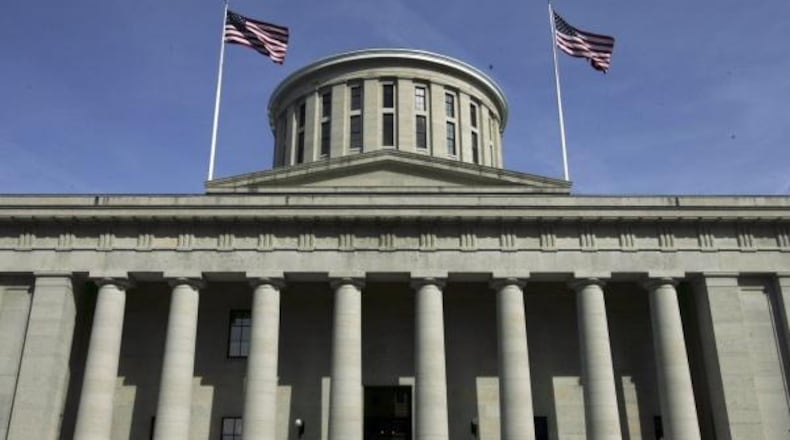WEDNESDAY: House rejects Senate private-school bill
Senate President Larry Obhof immediately objected, saying the bill the Senate passed two days ago is a solid way improve the private-school voucher program while more fairly grading public schools.
“We shouldn’t be asking Ohio’s schoolchildren and educators to wait for months,” Obhof said.
Obhof wants a conference committee now on amended House Bill 9 the Senate passed Tuesday. He added his long-term goal is to change the state report card for schools, arguing that it plays a role in voucher dysfunction by inaccurately grading public schools.
LAST WEEK: Superintendents oppose voucher expansion
The House’s Thursday night amendment would appropriate an extra $10 million for 2020-21 to pay for “certain first-time, performance-based EdChoice scholarships.” That may indicate the House is no longer leaning toward the entirely income-based voucher system Speaker Larry Householder said he favored just 24 hours earlier.
Ohio students can qualify for a taxpayer-funded, private-school voucher in two ways. A student qualifies if their home public school is designated by the state as under-performing via any of six report card-based metrics. A student also qualifies if their family income is less than 200% of the federal poverty level ($51,500 for a family of four).
If the current law doesn’t change, the 2020-21 voucher system would be open to students at more than 1,200 public schools, almost triple the number from this year.
EARLIER: Rushed process on school vouchers worries some
Changes in program definitions, report card metrics and the end of a “safe harbor” period have caused the list of schools deemed “under-performing” to balloon although performance is little-changed in many cases. The list now includes some schools that score quite high on most report card metrics.
One proposal being considered this week would eliminate vouchers for students at “under-performing schools” and base vouchers solely on family income level instead.
Families at up to 300% or 400% of the federal poverty level would be eligible for a taxpayer-paid private-school voucher, no matter what public school district they live in.
Some have questioned that system, asking why the state should pay for a student in a high-performing public school district, such as Oakwood or Kettering, to get state money to go to private school.
DECEMBER: High-scoring schools would be subject to voucher
Private schools, on the other hand, are frustrated that families applied for 2020-21 admission months ago, based on a state voucher-eligibility list, and now may have the system change or be delayed after the fact.
“It would have been preferable for a permanent solution to have been passed before Saturday’s deadline, but (Thursday’s House bill) will allow time for a resolution that protects school choice while not harming the budgets of public schools,” State Rep. Niraj Antani said.
About the Author

